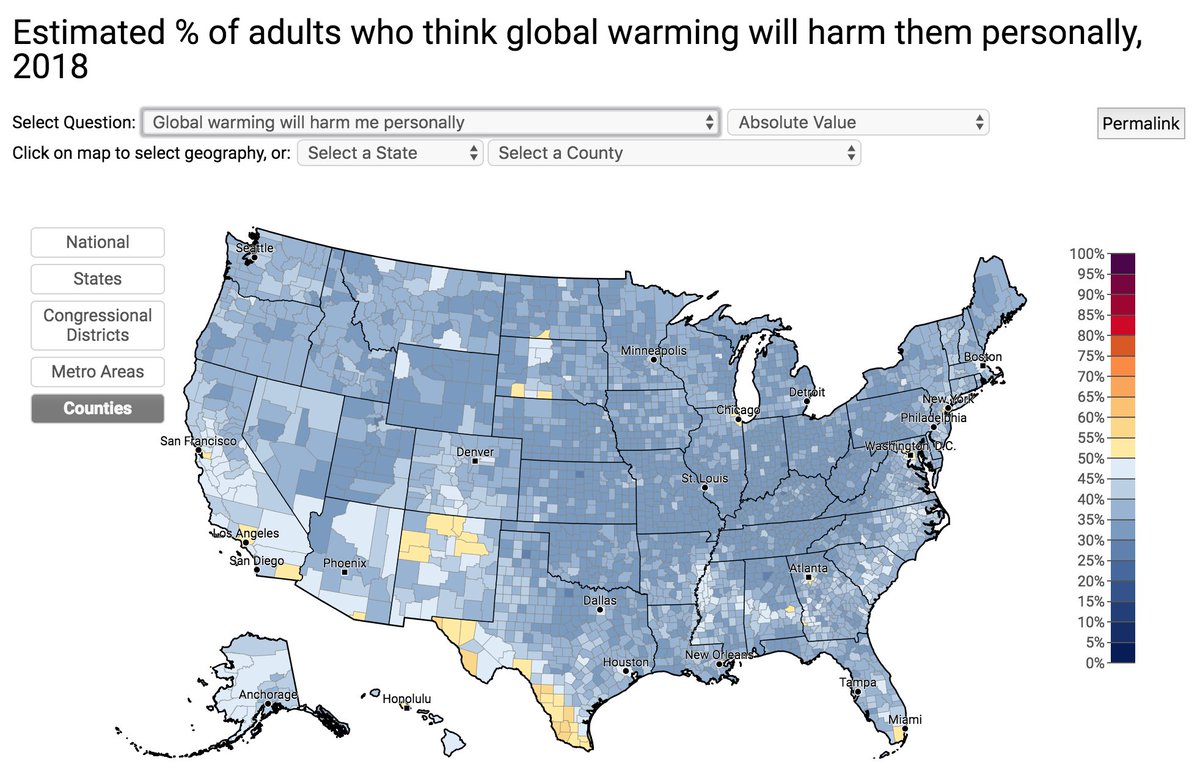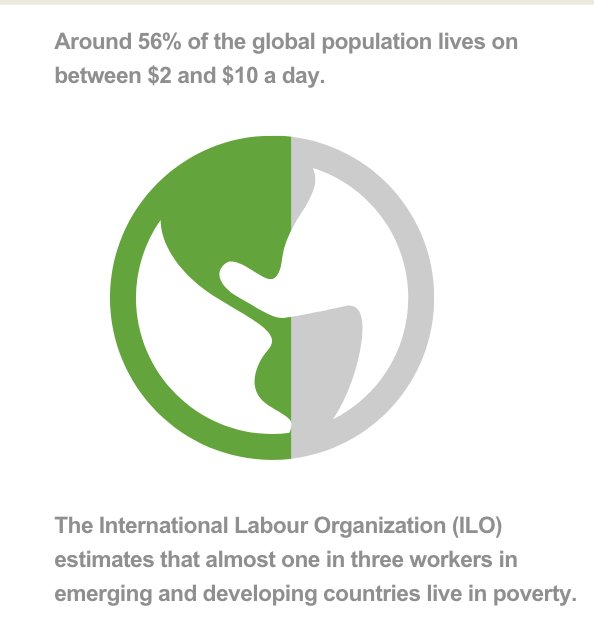Yesterday, at an interesting #ClimateWeekNYC panel on fighting denial (organized by @ColumbiaClimate, @Sallan_Found, @earthinstitute, & @ClimSciDefense) @jeffnesbit made some excellent points I want to circulate.
[Thread]
[Thread]
First point: Nesbit reported that his research shows that trying to inoculate teenagers against tobacco advertising by telling them that smoking will make them die before their time doesn't work. But....
2/n
2/n
Telling teenagers that they're being targeted and manipulated by tobacco companies who are shamelessly trying to addict them actually *does* make them much less likely to take up smoking.
3/n
3/n
To me the analogy to climate change seems obvious: telling people that one day people will suffer & die because we're using fossil fuels now is...not really going to generate the collective outrage we need to countervail the money and power of the fossil fuel industry.
4/n
4/n
But telling people that the fossil fuel industry has known all along that untold numbers of people are going to die from climate change, yet they lied and manipulated us (and continue to do so) in order to block our choice to transition to safe energy, well...
5/n
5/n
I don't know about you, but thinking about that fact makes me want to BURN IT ALL DOWN.
6/n
6/n
So perhaps that fact is something that climate hawks should highlight, repeatedly, in public discourse about climate change.
7/n
7/n
Nesbit's second point grew out of research he did in Florida--which doesn't exactly provide a representative sample because, as we know, Florida is now regularly not just occasionally subject to the effects of climate change (eg in high-tide flooding)--BUT...
8/n
8/n
Nesbit found that climate messages WORKED when they highlighted the *local effects of climate change* (present and future? he wasn't entirely clear) AND presented a Reaganesque narrative of the new American era born of our leadership in the transition to safe energy.
9/n
9/n
I think that's really interesting.
I think the most important number for climate communicators is the number of people who think that climate change will affect them personally (I learned this from @KHayhoe).
Right now, in America, that number is under 50%. Too low.
10/n
I think the most important number for climate communicators is the number of people who think that climate change will affect them personally (I learned this from @KHayhoe).
Right now, in America, that number is under 50%. Too low.
10/n

But you know what? I would bet real money that if detailed, concrete information about *local* impacts over decadal timescales were presented, that number would go up. Certainly past 50%.
11/n
11/n
Concrete, detailed stories about how our towns and our businesses and our children will suffer and be destroyed will make that number go up because our towns, businesses, and children are all extensions of our narcissism. They extend our egos in space and time.
12/n
12/n
So if we really illustrate how the disaster of climate change will be local & personal to the highest degree if we don't stop using fossil fuels, then we tell the story that makes the American ego soar: NOT a list of technological solutions, but...
13/n
13/n
...a story about how America has *always* created the new world from the day that Christopher Columbus landed in the Bahamas
(yes, I understand that the American project was also genocidal, I'm talking political messaging here don't @ me)
and America...
14/n
(yes, I understand that the American project was also genocidal, I'm talking political messaging here don't @ me)
and America...
14/n
America has always *saved* the world when it was at the 11th hour, and we are *Americans* this is what we do, etc etc
15/n
15/n
But in every political story of greatness there needs to be a villain. To wit:
1) My ego is under threat.
2) America can restore the safety of my ego.
3) Villains are trying to prevent this restoration.
4) We can make a politics that destroys the villain.
16/n
1) My ego is under threat.
2) America can restore the safety of my ego.
3) Villains are trying to prevent this restoration.
4) We can make a politics that destroys the villain.
16/n
So, finally, circling back to Nesbit's first point (hearing about corporate villainy makes people resist): perhaps the narrative needs to be tripartite:
17/n
17/n
1) Local impacts of climate change (ego threat).
2) Story of American ingenuity & leadership (neutralizing the threat).
3) Demonstration that the fossil fuel industry is using every dirty trick in the book to prevent change.
18/n
2) Story of American ingenuity & leadership (neutralizing the threat).
3) Demonstration that the fossil fuel industry is using every dirty trick in the book to prevent change.
18/n
It seems to me that such a narrative might indeed raise the saliency of climate change, give people a concrete image of how we can address it, and inspire a real sense of outrage, providing the affective fuel, as it were, to fire people up to force their govts to act.
/fin
/fin
Oh and PS? The best way for people to come to understand the local impacts of climate change is for local papers actually to mention climate change when they report on climate impacts. So, ahem, #EndClimateSilence.
• • •
Missing some Tweet in this thread? You can try to
force a refresh









